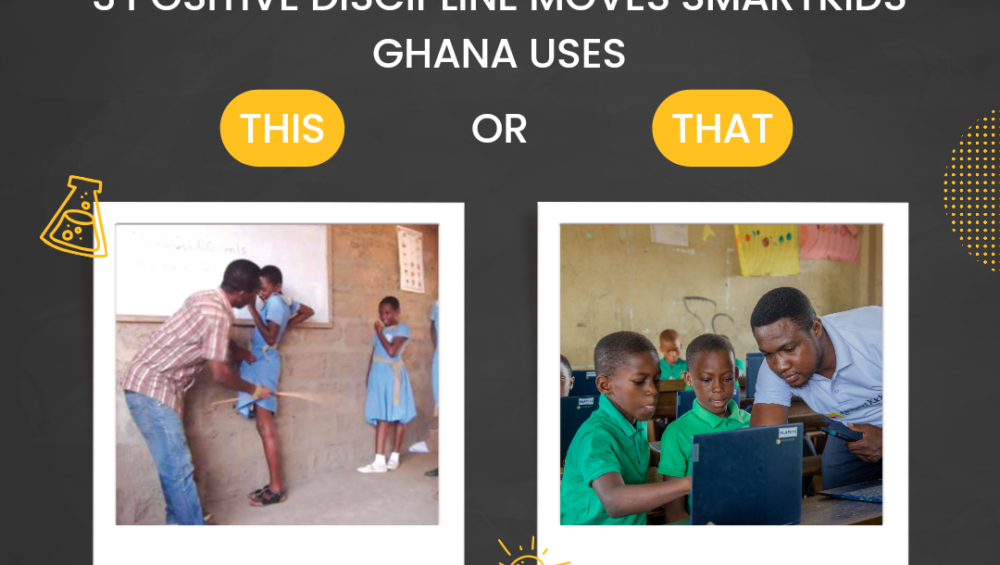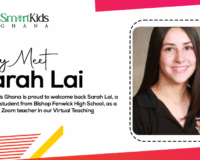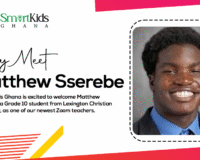At SmartKids Ghana, we believe in fostering a nurturing and supportive environment for scholars to grow and thrive. We understand that discipline is essential in guiding scholars, but we firmly stand against the use of corporal punishment. Instead, we employ positive discipline strategies that promote respect, responsibility, and self-discipline. Here are three effective discipline moves we use at SmartKids Ghana:
Positive Reinforcement
Positive reinforcement involves recognizing and rewarding good behavior to encourage its repetition. At SmartKids Ghana, we praise Scholars for their achievements, no matter how small, and provide tangible rewards such as stickers, certificates, or extra playtime. This approach helps scholars understand that good behavior leads to positive outcomes, reinforcing their motivation to continue behaving well.
For instance, when a scholar completes their homework on time or helps a classmate, we make it a point to acknowledge their efforts publicly. This not only boosts the child’s self-esteem but also sets a positive example for their peers.
Clear Communication and Consistent Expectations
Scholars need to know what is expected of them to behave appropriately. At SmartKids Ghana, we ensure that our expectations are clear and consistent. We communicate rules and consequences in a way that is easy for Scholars to understand. This involves using simple language, visual aids, and regular reminders.
Consistency is key in this approach. We make sure that rules are applied uniformly, and consequences are predictable. This helps Scholars feel secure and understand the importance of following guidelines. For example, if a scholar disrupts a class, they know they will have a brief time-out to reflect on their actions.
Conflict Resolution and Problem-Solving Skills
Teaching scholars how to resolve conflicts and solve problems independently is a crucial part of our discipline strategy. At SmartKids Ghana, we encourage scholars to express their feelings, listen to others, and find mutually acceptable solutions. This not only helps in resolving immediate conflicts but also equips scholars with essential life skills.
We use role-playing activities to teach these skills. For example, if two scholars have a disagreement over a toy, we guide them through a process of expressing their feelings, understanding each other’s perspectives, and agreeing on a fair solution. This practice helps children learn to manage their emotions and develop empathy towards others.
Conclusion
Positive discipline is about guiding scholars with love and respect, helping them grow into responsible and caring individuals. At SmartKids Ghana, we are committed to creating a safe and supportive environment where scholars can learn and thrive without the fear of corporal punishment. By using positive reinforcement, clear communication, and conflict resolution techniques, we ensure that our scholars are well-behaved and emotionally healthy.
Join us in supporting these positive discipline practices and help us raise a generation of compassionate and confident individuals.To learn more about our programs and discover ways to support our mission, please visit our website.






